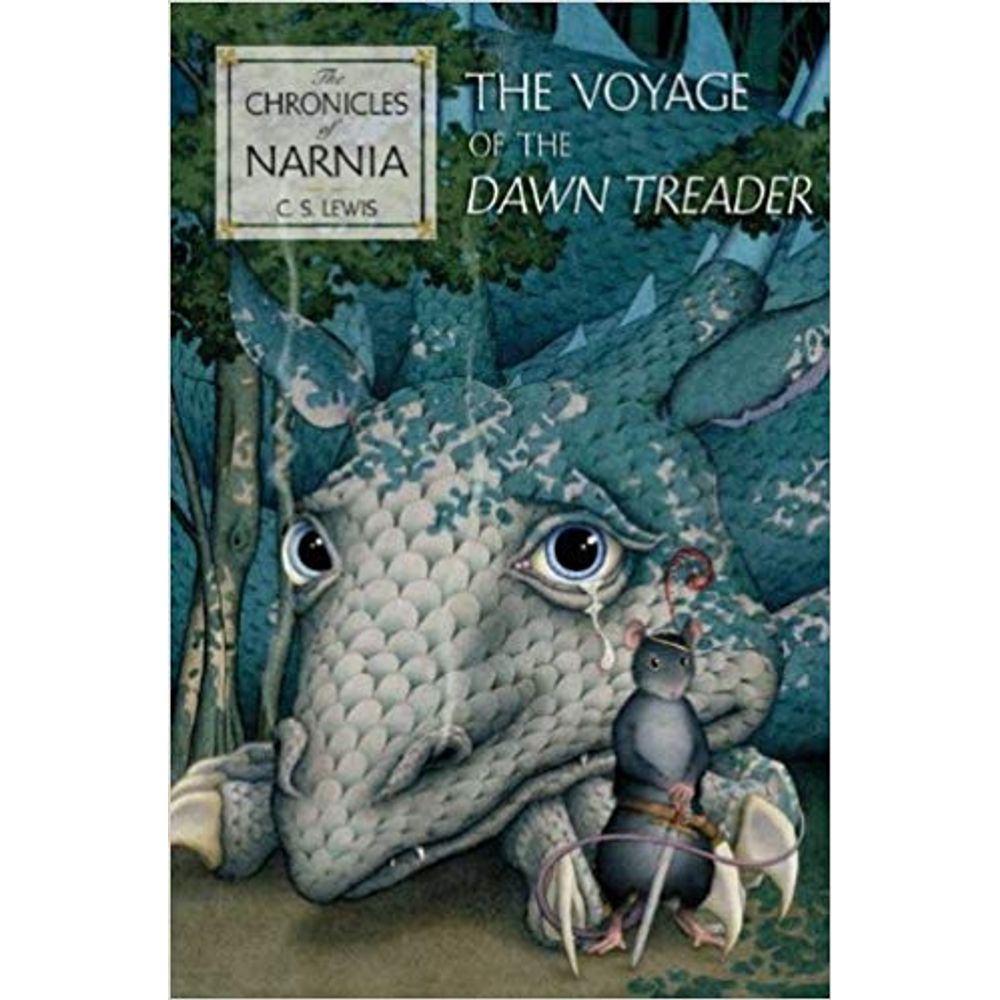
He unsuccessfully tries to completely shed his skin until Aslan tells him, “you will have to let me undress you”.

He scratched himself and his “whole skin started peeling off beautifully, like it does after an illness”, but yet another layer of skin appears. Eustace obediently follows Aslan and was told to undress before getting into the bath. Aslan leads him into a garden on top of a mountain and offered him a bath. After some time spent as a dragon, Aslan, the great lion of Narnia, pays Eustace a visit one night. However, he begins to see life in a new light and his “character had been rather improved by becoming a dragon” as he becomes more willing to help with their daily operations, bringing provision and warmth during cold nights. Eustace was ashamed of himself and shuddered even with the sight of his own reflection. Although he originally feels relief for being a “terror himself now”, he was still consumed by this “appalling loneliness” in his heart and a deep longing for friendship and love. Lewis explains that while he was “sleeping on a dragon’s hoard with greedy, dragonish thoughts in his heart, he had become a dragon himself”- the outer form manifesting his inner self.

Not reading the right books, he initially did not realize that he was transformed into a scaly, fire-breathing dragon with the gold bracelet cutting into his flesh. He eventually falls asleep and was awaken to a very strange feeling and with great amount of pain. He consequently was overtaken by his selfish desires and greedily puts on a gold bracelet, fills his pockets with coins. When they arrived on the Dragon Island, Eustace wanders off to avoid doing work and later finds himself seeking shelter in a cave, not knowing that it’s a dragon’s lair filled with treasure. Upon his arrival in Narnia, he was unable to get along with his companions, threatening to report them to the British Consul for kidnapping. He was eventually drawn into the mystical world of Narnia, along with Edmund and Lucy, through a picture of a dragon-shaped sailing ship that hung in Lucy’s bedroom.

He is portrayed to be an odd, insufferable brat who bosses, bullies, and makes fun of his cousins, making it his goal to make their lives miserable while they’re staying with his family.

He is the kind of boy who “liked animals, especially beetles, if they were dead and pinned on a card” and read books on “exports and imports and governments and drains”, as well as books that “had pictures of grain elevators or of fat foreign children doing exercises in model schools”. As The Voyage of the Dawn Treader begins, we are introduced to Eustace Clarence Scrubb, Edmund and Lucy’s obnoxious nine-year-old cousin.


 0 kommentar(er)
0 kommentar(er)
